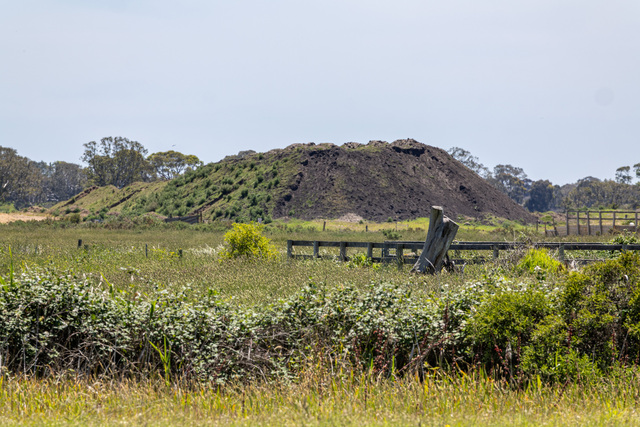Melbourne vets are calling for pet owners to be on high alert when taking their dogs swimming this summer with ‘hot spots’ spiking dramatically in the last few weeks.
Hot spots on dogs, also known as moist dermatitis, is a painful condition where there is a break in the skin barrier which allows bacteria or parasites to cause infection. It is seen more commonly in animals with allergies but can also be seen when excessive moisture is trapped within the coat.
Head of Veterinary Services at The Lost Dogs Home, Dr Jessica Wilde, said there was a 30 per cent increase in cases over the past month with more being reported every day.
‘’We had several cases at Frank Samways Veterinary Clinic just on the one-day last week, so it is becoming an increasing concern. It is an extremely painful condition for dogs that can be compared to
excruciating sunburn on humans,” Dr Wilde said.
‘’Dogs that are frequently wet from swimming, bathing, or inclement weather are more prone to developing hot spots due to the excess moisture held against the skin by their coats.”
‘’Dogs with thicker or longer coats can be more at risk than others as there is more space for the moisture to get trapped but it can affect any breed and we urge those with a dog in the family to remain super vigilant in water.’’
Dr Wilde said there was no reason why your pooch shouldn’t continue swimming but to take extra precautions this summer like making sure your dog is completely dried after taking a plunge and treating any underlying conditions such as allergies or arthritis as this could also reduce recurrence of hotspots.
‘’Many skin conditions have similar symptoms, so it is important to consult your veterinarian if you are concerned about your dog. Hot spots are typically well-defined areas of redness, swelling, and hair loss.
They can occur anywhere, but are most commonly seen on the head, limbs, and hips, ‘’ she said.
‘’It’s also a good idea to dry your dog after coming back from a walk in the rain. We have seen a lot of wet weather in Melbourne lately which is probably also contributing to the increase we are seeing.’’

















